Top 10 South African Women in ICT (Information and Communications Tech)

For South African students, job seekers, and parents navigating the ever-evolving tech world, the journey can feel overwhelming—especially for young women aspiring to enter a historically male-dominated field. The good news? South Africa is home to trailblazing women who have not only broken into the ICT (Information and Communications Technology) industry but are leading it with innovation, integrity, and impact.
Top 10 South African Women in ICT (Information and Communications Tech)
This article highlights 10 inspiring South African women who are shaping the future of ICT. Whether you’re exploring a career in coding, cybersecurity, tech entrepreneurship, or telecoms, their stories will guide, motivate, and show you what’s possible—right here at home.
1. Baratang Miya – Tech Educator & Founder of GirlHype
Building Digital Skills in Underserved Communities
Baratang Miya is a powerhouse in ICT education, best known for founding GirlHype, a non-profit that teaches coding and digital literacy to girls in townships. With over two decades of experience, she has trained thousands of young women and continues to advocate for inclusive tech policies.
Pro Tip: If you’re interested in tech education for girls, explore GirlHype’s free bootcamps and workshops in Cape Town and other regions.
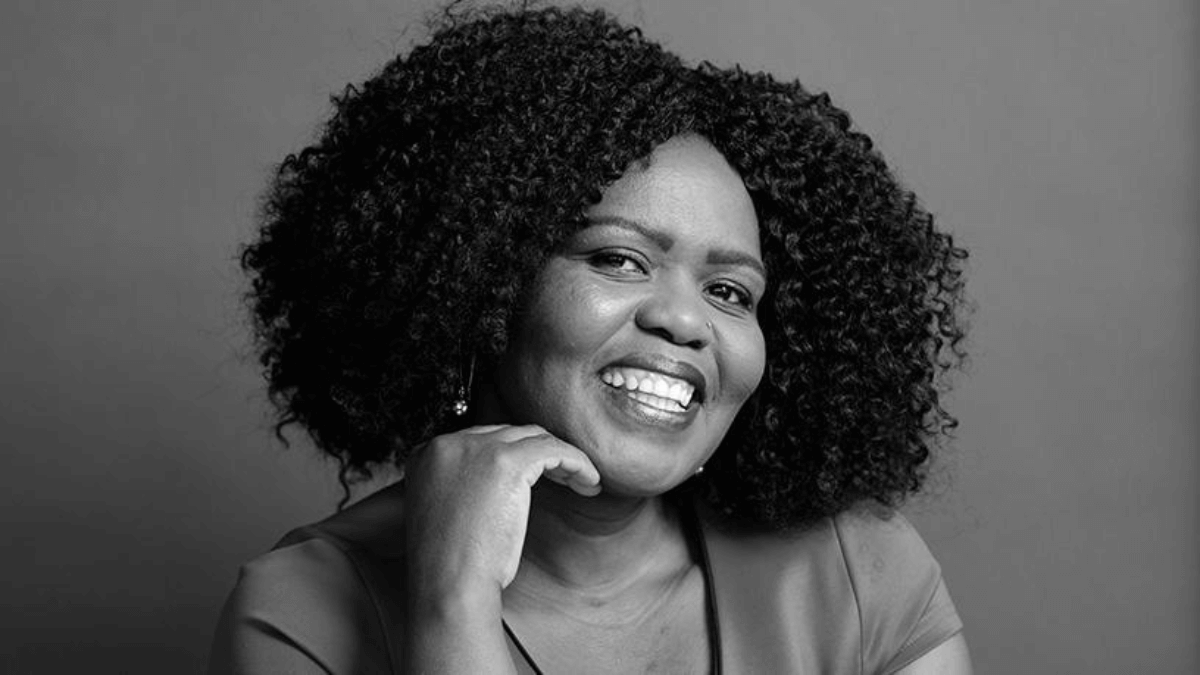
2. Basetsana Kumalo – Media Tech Entrepreneur
Bridging Media, Technology, and Empowerment
While widely known as a media personality, Basetsana Kumalo is also a savvy tech entrepreneur. She has invested in digital media platforms and is a vocal advocate for women in STEM through mentorship and corporate social responsibility programmes.

3. Rapelang Rabana – Tech Innovator and CEO of Rekindle Learning
Driving EdTech Innovation Across Africa
Rapelang Rabana is the founder of Rekindle Learning, an award-winning EdTech company using mobile technology to improve workplace and school learning outcomes. She has been listed on Forbes’ “30 under 30” and served on the South African Presidential Commission on the Fourth Industrial Revolution (4IR).
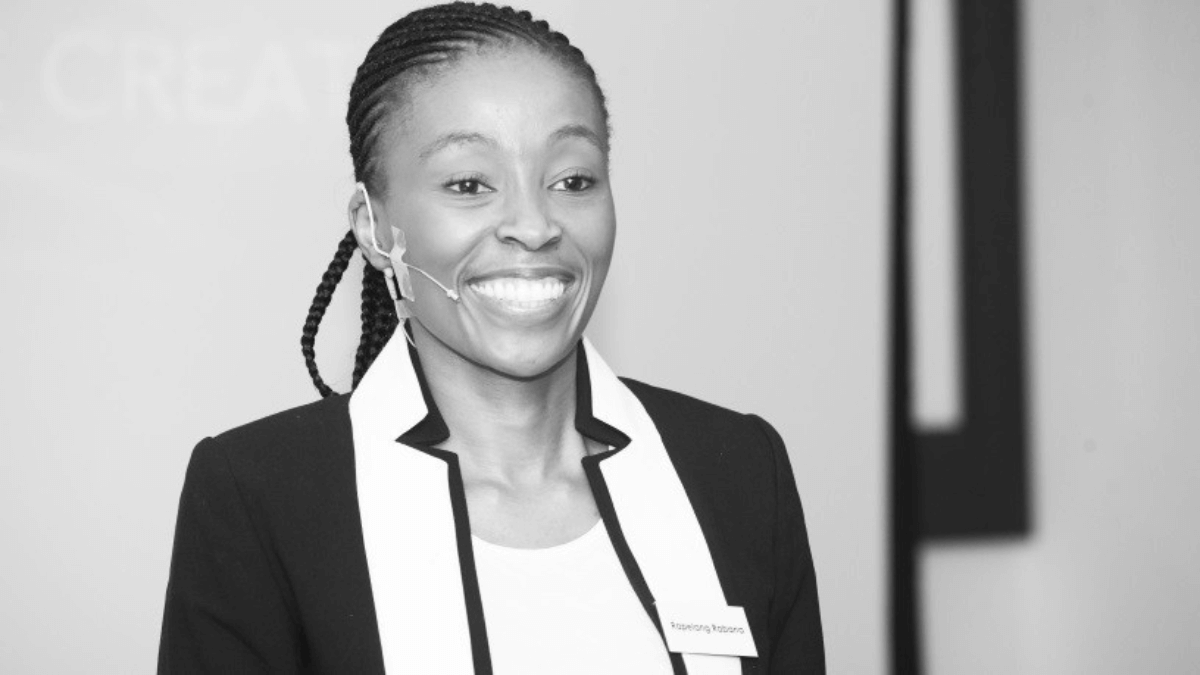
4. Dr. Mmaki Jantjies – ICT Researcher and Academic Leader
Championing Inclusive Digital Transformation
As Associate Professor at the University of the Western Cape and Group Executive for Innovation and Transformation at Telkom, Dr. Mmaki Jantjies leads research into ICT for development, multilingual education tech, and gender inclusion in STEM.
Local Insight: Her work helps shape national digital policies and youth-focused ICT curriculum enhancements.
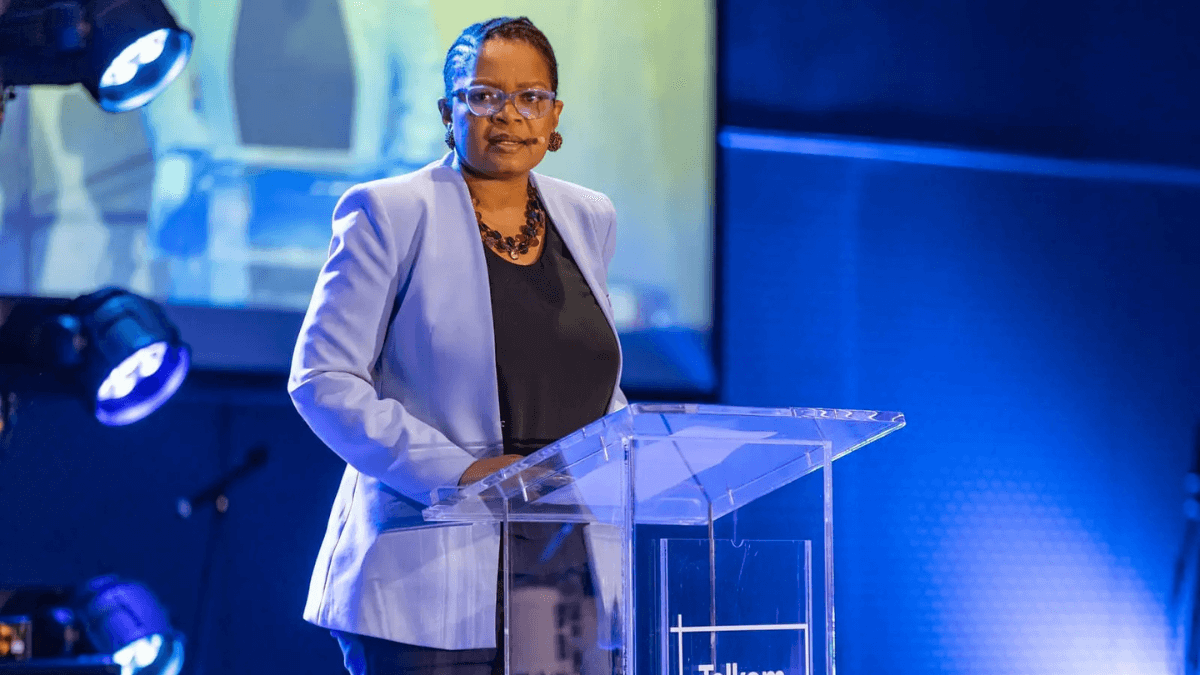
5. Phumzile Van Damme – Digital Rights Advocate
Fighting for Online Safety and Internet Access
Former Member of Parliament and now a digital rights consultant, Phumzile Van Damme focuses on disinformation, cybersecurity, and digital democracy in South Africa. Her advocacy ensures technology is used responsibly and equitably.
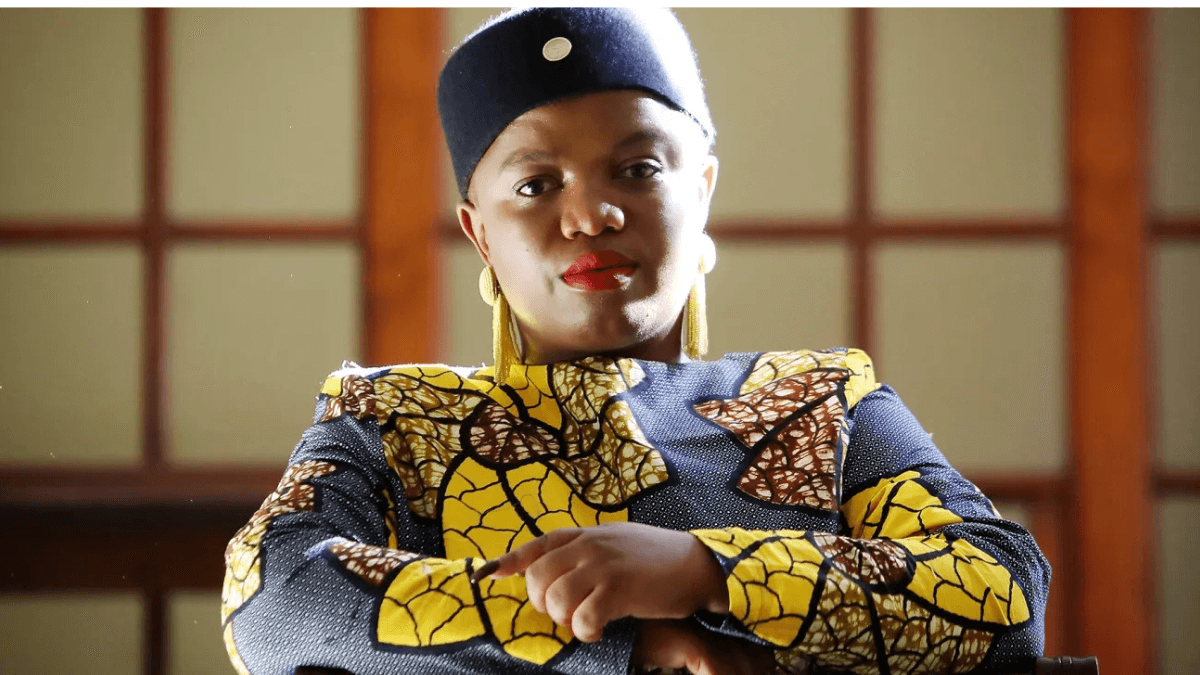
6. Zandile Mkwanazi – Chairperson of GirlCode
Growing the Next Generation of Female Coders
Zandile Mkwanazi heads GirlCode, a social enterprise that runs coding bootcamps, hackathons, and tech festivals to support women in IT. Under her leadership, GirlCode has trained over 5,000 women in software development.
Pro Tip: Students can apply to GirlCode’s annual Hackathon and win internships or scholarships.
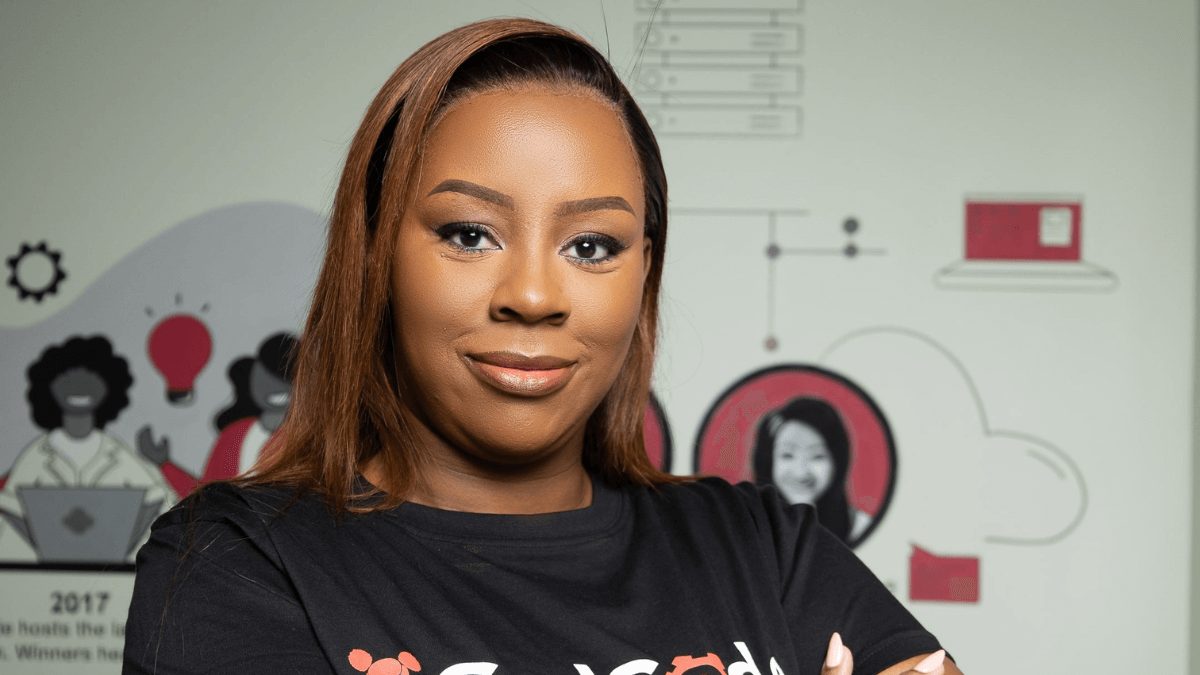
7. Nthabiseng Mosia – Co-Founder of Easy Solar
Using Tech to Solve Energy Challenges
Born in South Africa and raised across multiple African countries, Nthabiseng Mosia co-founded Easy Solar, a company using mobile technology to provide off-grid solar solutions. She blends ICT with sustainable development.
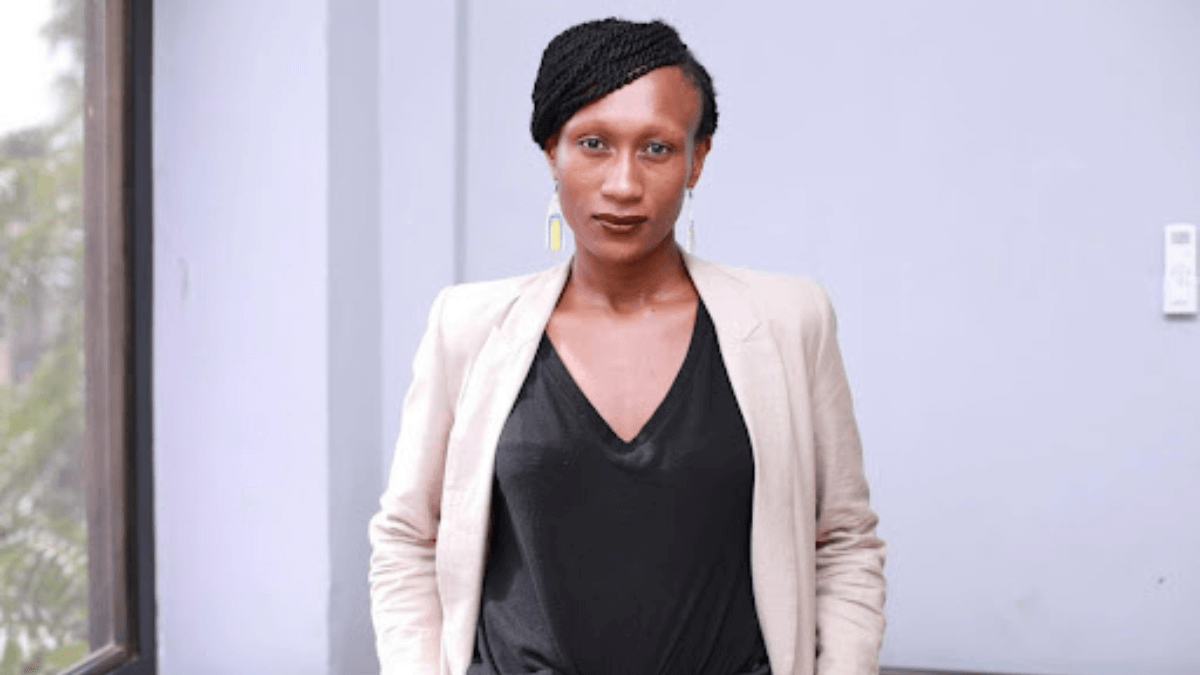
8. Dr. Andiswa Mlisa – Space Science and ICT Integration
Promoting Earth Observation for Development
As a former executive at SANSA (South African National Space Agency), Dr. Mlisa played a key role in integrating ICT into space science for agriculture, urban planning, and disaster management.
Fun Fact: She holds advanced degrees in remote sensing and geospatial ICT.

9. Lillian Barnard – President of Microsoft Africa
Leading One of the World’s Biggest Tech Firms
Lillian Barnard is the first South African woman to head Microsoft Africa. Her journey from sales executive to tech leader highlights the power of perseverance, mentorship, and technical excellence.
Career Hack: Microsoft runs digital skills and cloud computing training via the Global Skills Initiative, open to unemployed youth.
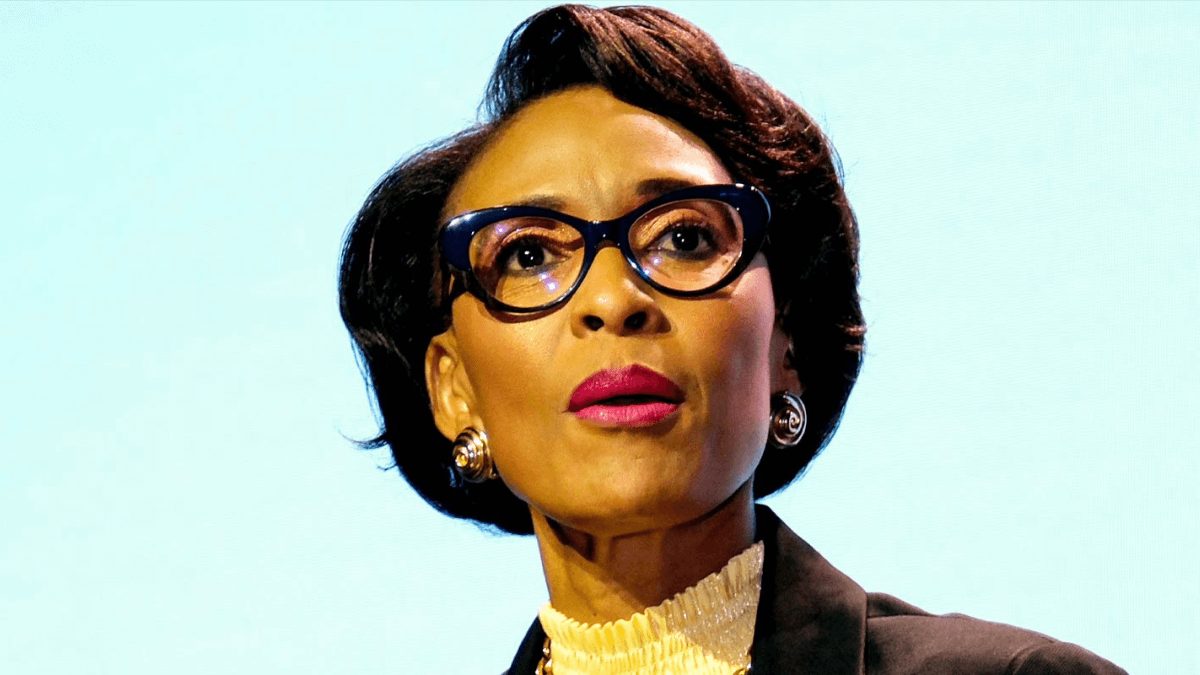
10. Thato Kgatlhanye – Tech-Driven Social Entrepreneur
Innovating with Purpose
Founder of Rethaka, Thato Kgatlhanye used recycled materials and solar technology to create “Repurpose Schoolbags” that charge during the day and act as night lights for learners. Her work is a great example of ICT meeting social innovation.

Why Representation in ICT Matters
The Gender Gap in South Africa’s Tech Sector
While more women are entering STEM fields, only about 23% of tech jobs in South Africa are held by women (Source: Women in Tech ZA, 2024). These trailblazers are working to change that by:
- Mentoring younger women
- Launching inclusive programmes
- Shaping corporate and public policy
Also check: Top 10 South African Women in Finance & Investment
How to Follow in Their Footsteps
Start Small, Aim Big
- Study ICT courses through TVET colleges, universities, or online platforms like Coursera and FutureLearn.
- Join coding groups like GirlCode, SheCodes, or WeThinkCode.
- Apply for tech bursaries via NSFAS, MICT SETA, and other sector education authorities.
- Network at local tech events like DevConf, Africa Tech Week, or Women in Tech meetups.
FAQs: Getting Into ICT as a South African Woman
Do I need a university degree to work in ICT?
Not always. Many roles like software development, data analytics, and UX/UI design value certifications and practical skills over formal degrees.
Where can I learn to code for free in SA?
Check out:
- GirlCode (Free programmes for women)
- WeThinkCode
- SA Youth Platform (sayouth.mobi)
What subjects should I take in high school?
Focus on Mathematics, Physical Science, and Computer Applications Technology (CAT) or Information Technology (IT).
Your Place in South Africa’s Digital Future
These 10 South African women in ICT are more than just successful professionals—they are role models changing the narrative and opening doors for the next generation. If you’re considering a future in technology, remember: you don’t need to have it all figured out to get started. The industry is growing, and your voice, ideas, and talent are needed.
Explore bursary options, find a mentor, or sign up for a coding bootcamp. South Africa’s ICT future is being built now—and you can be part of it.

